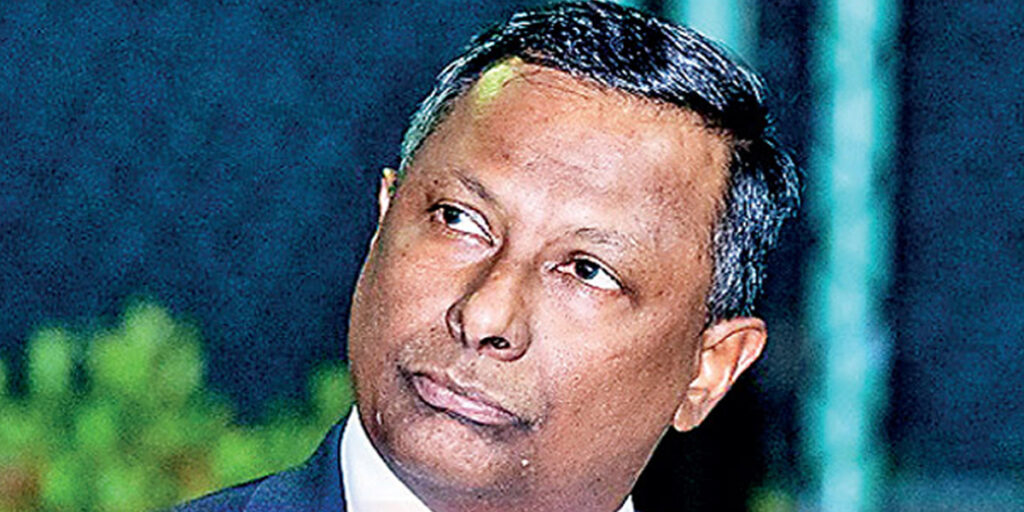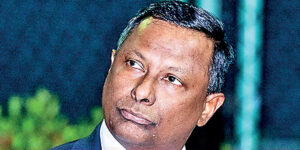
The Ministry of Women, Child, and Youth Affairs and Sports recently issued a statement reaffirming the political neutrality and autonomy of the National Olympic Committee of Sri Lanka (NOCSL), in line with the Olympic Charter. However, a pressing concern has emerged about the practices of NOCSL President, Subramaniam, particularly regarding his use of an official passport for private trips.
The Ministry’s Official Clarification
On 13 November 2024, The Morning Telegraph published an article detailing allegations brought by a whistleblower, urging the Prime Minister’s intervention to address internal conflicts within the NOCSL. The Ministry responded with a media release, citing the Olympic Charter’s Fundamental Principles of Olympism, which emphasize political neutrality and the independence of National Olympic Committees from governmental interference. This assertion was meant to clarify the Ministry’s position and respect the autonomy of the NOCSL as an independent entity under the guidelines of the International Olympic Committee (IOC).
The Passport Controversy
Despite the Ministry’s stance on respecting the autonomy of the NOCSL, a serious question looms over the special privileges extended to its leadership. Subramaniam, the current President of the NOCSL, has allegedly been provided with an official passport by the government, typically reserved for individuals performing official state duties or diplomatic functions. However, sources indicate that Subramaniam has frequently utilized this official passport for private travel, raising concerns about possible misuse of government resources.
Implications of Misuse
An official passport offers distinct advantages, including expedited processing and favorable treatment at international borders, privileges that should strictly be reserved for official or government-related activities. The fact that Subramaniam, who holds a leadership role in what is supposed to be an independent sports organization, possesses such a passport for personal use suggests a potential breach of public trust and highlights a concerning lack of transparency.
Calls for Accountability
Many are now questioning how an official government document, intended to facilitate essential state duties, has come to be used for what appears to be private matters. This situation raises larger concerns regarding accountability and governance within the NOCSL and its relationship with the government. Critics argue that if the NOCSL operates independently and free from governmental oversight, as the Ministry’s recent statement claims, there should be no justification for extending state privileges to its leadership.
A Need for Action
The Ministry of Sports, having reiterated its commitment to respecting the autonomy of the NOCSL, must now address why state-issued resources are being accessed by NOCSL officials for non-official purposes. Transparency advocates are urging an immediate inquiry into how and why Subramaniam obtained an official passport and whether other officials have similarly benefitted from state resources. A thorough investigation could shed light on whether this practice constitutes an abuse of power and what reforms are needed to prevent similar instances in the future.
The Path Forward
This incident underscores the need for greater clarity on the relationship between the government and independent sports bodies like the NOCSL. If the government is to uphold the values of the Olympic Charter, which includes political neutrality and independence, it must also ensure that privileges extended to sports leaders are strictly regulated and justified.
As this story develops, the public awaits further clarification from both the Ministry and the NOCSL. The transparency of this inquiry will be crucial in maintaining public confidence and aligning with the principles of good governance that both the Olympic Charter and the government claim to support.




